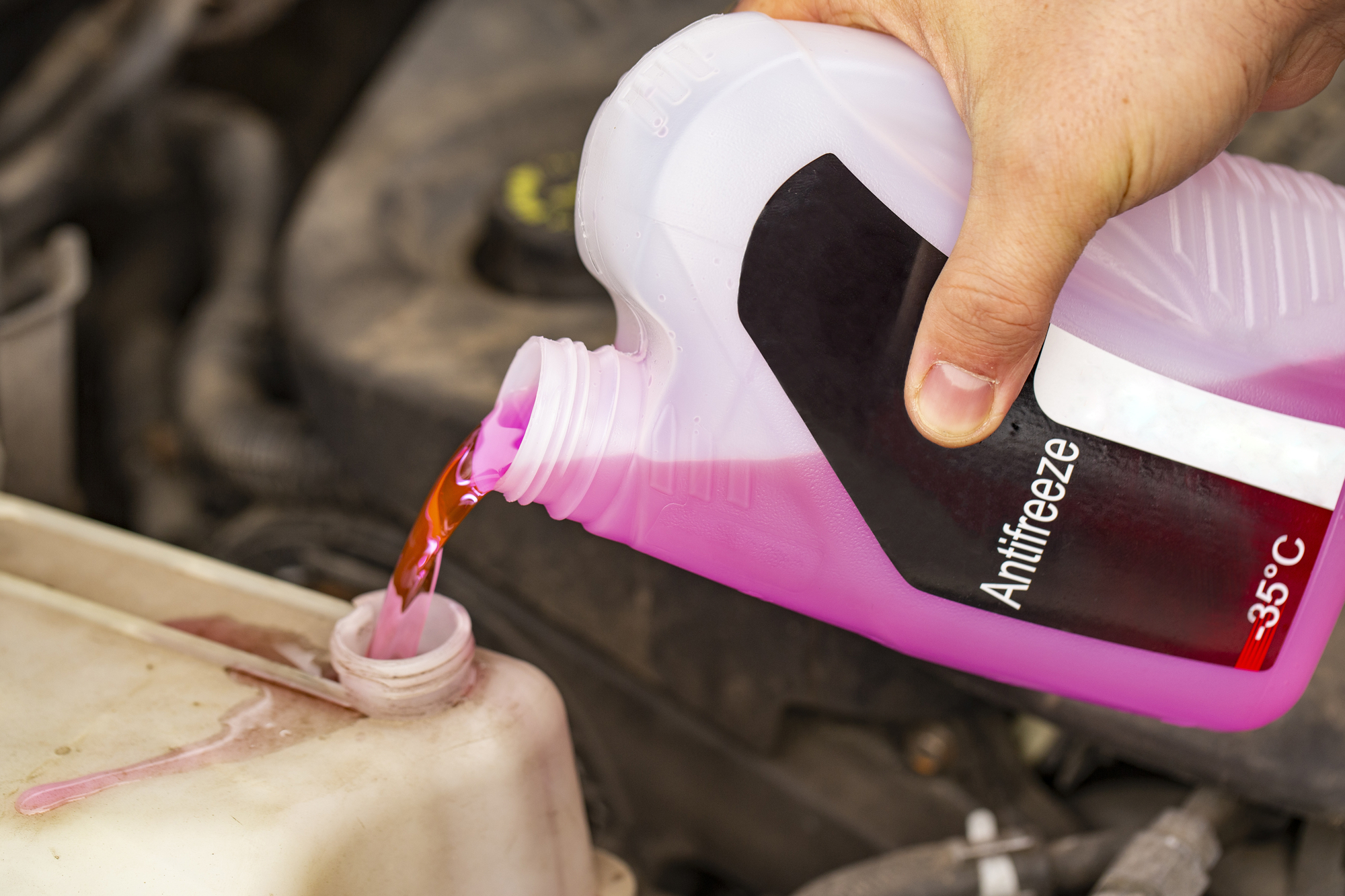Coolant and antifreeze are two terms that are often used interchangeably, but there is a difference between the two.
Some people mistakenly think that coolant and antifreeze are the same because they help keep your engine at a stable temperature. However, coolant does not prevent your engine from freezing; it simply helps to keep it cool. Antifreeze, on the other hand, prevents your engine from freezing by lowering the freezing point of water.
What is Coolant?
Coolant is a substance that is used to regulate the temperature of engines. It absorbs heat from the engine and transfers it to the air. Coolant is usually made up of water and glycol. Glycol is an antifreeze that prevents the coolant from freezing in cold weather.
It’s important to know how much glycol is in your coolant because too much or too little can cause problems. If there’s too much glycol in the coolant, it can cause corrosion and scale formation. This can lead to clogged radiator cooling passages and overheating. Too little glycol can allow the water in the cooling system to freeze, causing the engine to overheat.
Why Type of Coolant Does My Vehicle Need?
The ideal mixture of ethylene glycol and water is 50/50. However, most coolants are pre-mixed and don’t require any additional water. Be sure to check your owner’s manual for the recommended coolant for your vehicle.
Most cars will have a reservoir for the coolant, which should be checked regularly to ensure it is full. The coolant level will go down over time as it is used up and will need to be topped off occasionally. If you notice that your car’s engine is running hot, it could be due to a leak in the cooling system. In this case, you will need to have the system repaired as soon as possible to avoid damage to your engine.
Different cars have different cooling systems, so it’s important to consult your owner’s manual to see what type of coolant is right for your car. Mixing different types of coolant can cause corrosion and clogs, and ultimately lead to engine damage.
It’s also important to know when to use coolant. In general, you should only use coolant when the engine is cold. If you add coolant when the engine is hot, it can cause boiling and leaks.
How is Antifreeze Different Than Coolant?
Antifreeze is a substance added to coolant to lower its freezing point. This is important because coolant can quickly freeze in cold weather, damaging your engine. Antifreeze also raises the boiling point of the coolant, which helps to prevent overheating.
There are two main types of antifreeze: ethylene glycol and propylene glycol. Ethylene glycol is the most common antifreeze type but is also the most toxic. Propylene glycol is less toxic, but it isn’t as effective at lowering the freezing point of the coolant.
Without antifreeze, your car engine could overheat and sustain damage. In freezing temperatures, water in the radiator can freeze and crack the engine block. Antifreeze lowers the freezing point of water, so it can still circulate even when it’s cold outside.
Many newer cars have “long-life” antifreeze that can last up to five years or 100,000 miles. Check your manual to verify.
When to Change Coolant?
It’s important to know when to replace the coolant to keep your car running smoothly. Here are a few signs that it’s time to change your coolant:
- Your car is overheating – If you notice that your car is overheating more frequently, it could be a sign that the coolant needs to be replaced.
- The coolant level is low – If you notice that the coolant level in the radiator is low, it’s time to add more.
- The coolant is dirty – If the coolant looks dirty or rusty, it’s time to flush it out and replace it with fresh coolant.
If you believe your coolant needs to be changed, call us today. We can take a look at it and ensure your vehicle runs smoothly.





